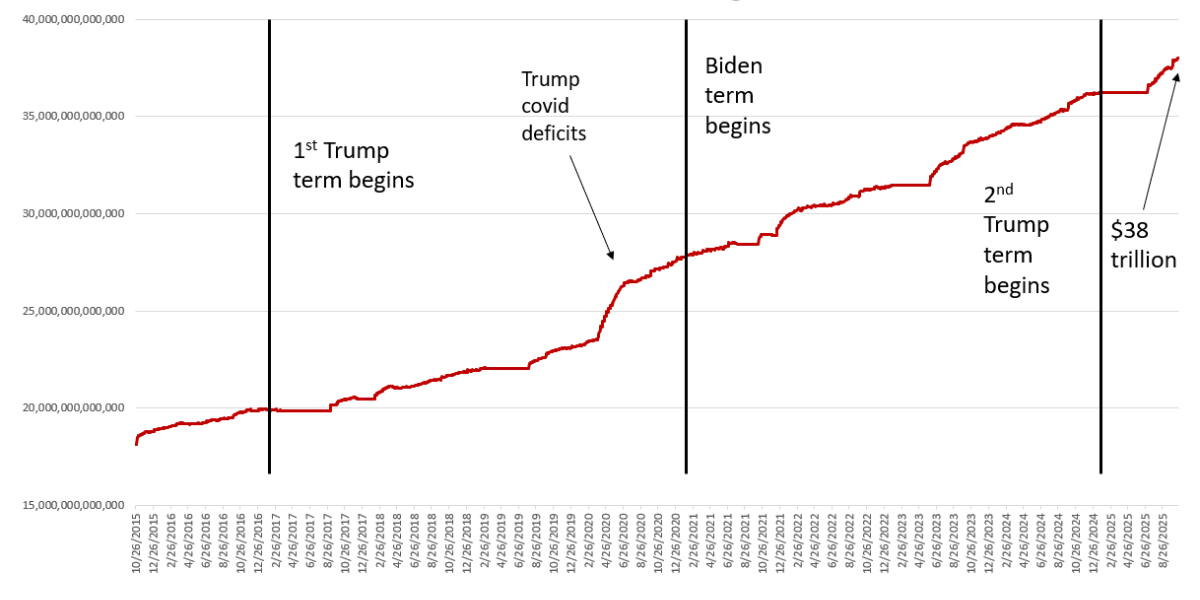For any science to be broadly understood, it needs to be communicated in a helpful manner. Indeed, much of my research focuses on how experts communicate their opinions and on the institutions under which that communication is improved. In this post, I turn my eye toward another form of expert opinion, the law.
With law, or any science, we must distinguish between a term of art and a colloquial term. A term of art is a term that has a specialized meaning within a particular field or profession. A colloquial term is a term whose use is not formal; it is used in ordinary conversation. The two uses can be similar but they often differ significantly.
For example, in economics, “cost” is a term of art. When the economist invokes “cost,” we mean “the best alternative you otherwise would have chosen. Cost is what you forgo” (Universal Economics, pg 33). Contrast this with the colloquial use of cost, which typically refers to the money price paid or any negative consequence of an action. For the economist, cost is something that happens at the moment of choice; it is forward-looking and ephemeral. In the colloquial use, cost is backward-looking.
Mixing up the colloquial and the term of art leads to much confusion. Among the most common mistakes my students make is to confuse the two meanings of “cost,” and, consequently, to systemically misestimate the marginal costs and benefits of an action, leading to poor choices. For example, students will often write in their reflections that price-gouging legislation is desirable because it keeps costs low. In this case, we see a failure: the goal of economic education (enhance decision-making ability) is not achieved and a perversion of that goal does occur. (Of course, we should expect these errors to occur among students, which is why I provide many opportunities for these mistakes to occur in the classroom so I can help them see the errors).
In law, we see a similar problem. Confusion between terms of art and colloquial terms can pervert the law. The goal of law is the development and enforcement of general rules of conduct; proper ways of behavior that enhance everyone’s well-being and maximize individual freedom given the constraints of other individuals’ freedoms. (It’s unfortunate that the recent drift among both the American Left and Right is toward identifying law with a hierarchy of power and command – with confusing law with legislation and bureaucratic commands. This authoritarian bent is most worrisome). But colloquial understandings of legal terms have perverted law, turning that purpose on its head and leading to insecurity among everyone.
One recent example involves the word “invasion.” In law, “invasion” has a very specific meaning: “the incursion of an army for conquest or plunder” (Black’s Law Dictionary, 2nd ed).* But “invasion” also has a colloquial use: “an incursion by a large number of people or things into a place or sphere of activity” (e.g. New Orleans had an invasion of football fans during the Super Bowl). The US Constitution gives the national government the authority and power to repel any invasion (Art 1, Sec 8, Art 4, Sec 4). Or, if a state is currently invaded, States may also deploy their forces against an invasion (Art 1, Sec 10). Legal precedence and theory has long held in the US (and before) that “invasion” in this sense refers to armed invasion. Force can only be deployed against force.
More recently, however, some politicians have begun using “invasion” in the colloquial sense. They point to illegal immigration as an “invasion” and thus use that justification to deploy troops and use extra-judicial means to go after immigrants. This is, quite obviously, a perversion of the law: rather than enhance everyone’s safety and freedom, these actions destroy security and freedom by violating peoples’ rights to association, freedom of movement, and right not to be harassed by government officials. The legal system goes from being the guardian of security and rights to being their destroyer. Fortunately, at least in the US, the courts have rejected this colloquial use of “invasion”. But again, this colloquial drift (as well as the justification “they’re just enforcing the law!”) paves a path to authoritarianism.
Now, a term of art can be confusing. There is virtue in making the law clear and easy to understand. But one can go too far. The great Harvard legal scholar Lon L. Fuller gives one such example from Poland:
“During a visit to Poland in May of 1961 I had a conversation with a former Minister of Justice that is relevant here. She told how in the early days of the communist regime an earnest and sustained effort was made to draft the laws so clearly that they would be intelligible to the worker and peasant. It was soon discovered, however, that this kind of clarity could be attained only at the cost of those systematic elements in a legal system that shape its rules into a coherent whole and render the capable of consistent applications by the courts. It was discovered, in other words, that making the laws readily understandable to the citizen carried a hidden cost in that it rendered their application by the courts more capricious and less predictable” (The Morality of Law, Revised Ed. Yale University Press, 1969. Pg 45).
I’ve written about the dangers of arbitrary government in the past. As we are seeing now, the substitution of systematic law for colloquial law, such as broadening the word “invasion” to include people, and “violence” to include speech, opens the door wide for such arbitrary government. The law must not become perverted.
*There is a second definition, “An encroachment upon the rights of another,” but that definition is not relevant to the point I am making, which shall become obvious to the reader in a moment.




























